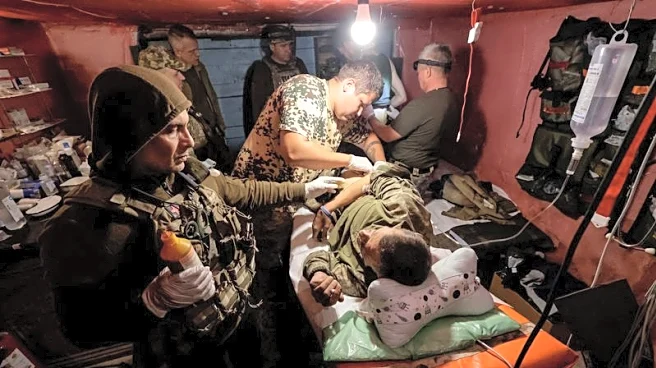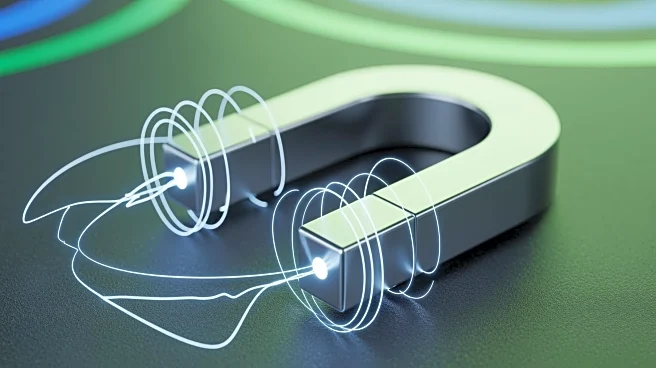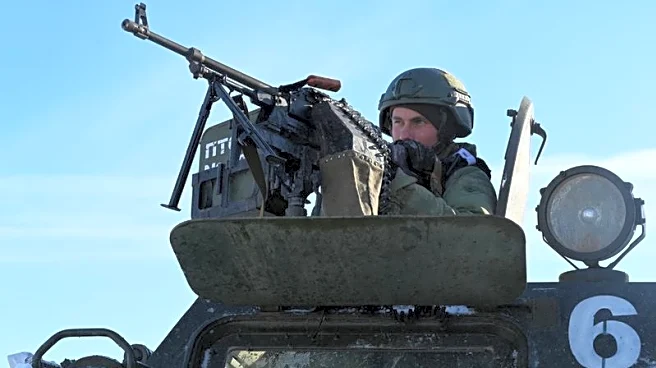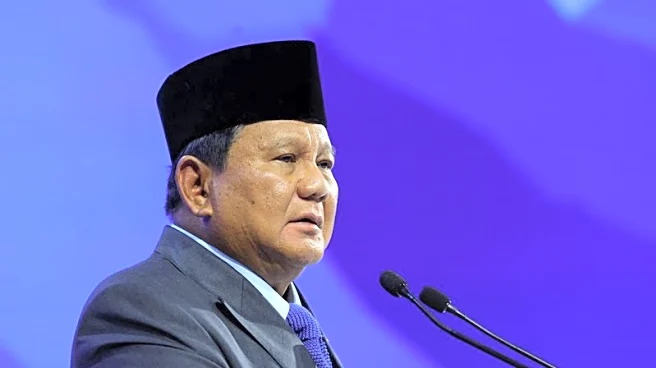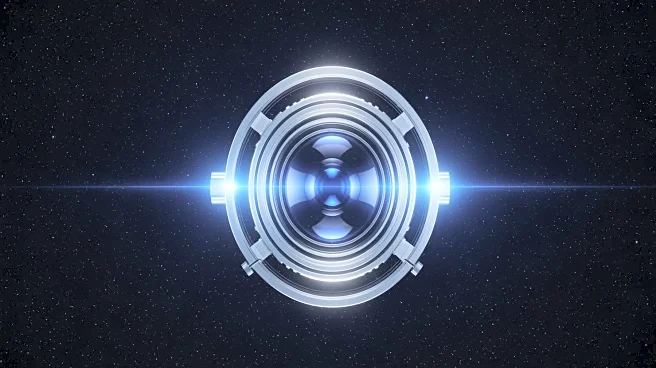DONETSK REGION, Ukraine (Reuters) -After being wounded in the leg by an attack drone on the front lines of eastern Ukraine, Surovyi, a 40-year-old Ukrainian soldier, knew his flight to safety would be fraught with danger.
In the end, it meant five days of crawling through the scrub, hiding in ditches and covering himself with branches and earth to escape the gaze of Russian surveillance and attack drones buzzing in the air searching for targets.
"My leg went numb, I do not even know how to call this
feeling, but I understood it was useless and I said to my comrade: let's get out of here or we will get killed," he recalled in an interview.
Surovyi, which means "strict", is the soldier's call sign, which is how troops identify themselves for security reasons.
He was speaking in a field hospital where he was taken by members of his brigade once they managed to rendezvous with him.
His experience underlines the difficulty both armies face when operating along and near the point of contact, with drones posing a terrifying new battlefield threat in Europe's biggest conflict since World War Two.
Surovyi was wounded while fighting in the northern part of Donetsk region, where Russian forces have pushed through Ukrainian lines in recent weeks, inching closer towards the banks of a vast river and crucial garrison cities that lie beyond.
In Ukraine, the vast number of drones used by both sides that can swiftly spot and neutralise targets has created a so-called "kill zone" that can stretch more than ten kilometres either side of the contact line, making evacuation of the wounded extremely risky.
"After a while I could not walk anymore, I crawled on all fours, I went up and down, all on my knees," the soldier said, recounting how he eventually found a ditch to hide in where he covered himself in soil and pine needles.
Another Russian FPV drone tried to hit Surovyi and his fellow soldier, but it missed, he added.
"And so we went, bit by bit. It took us five days to get out."
In the early phases of the full-scale war, battlefield medics could drive close to the front line to quickly evacuate casualties. That is now far more difficult under drone-infested skies.
"My son's birthday was on the 3rd (of September), but it was me who got a little gift," Surovyi said.
(Reporting by Volodymyr Pavlov; Writing by Max Hunder; Editing by Mike Collett-White and Alexandra Hudson)
